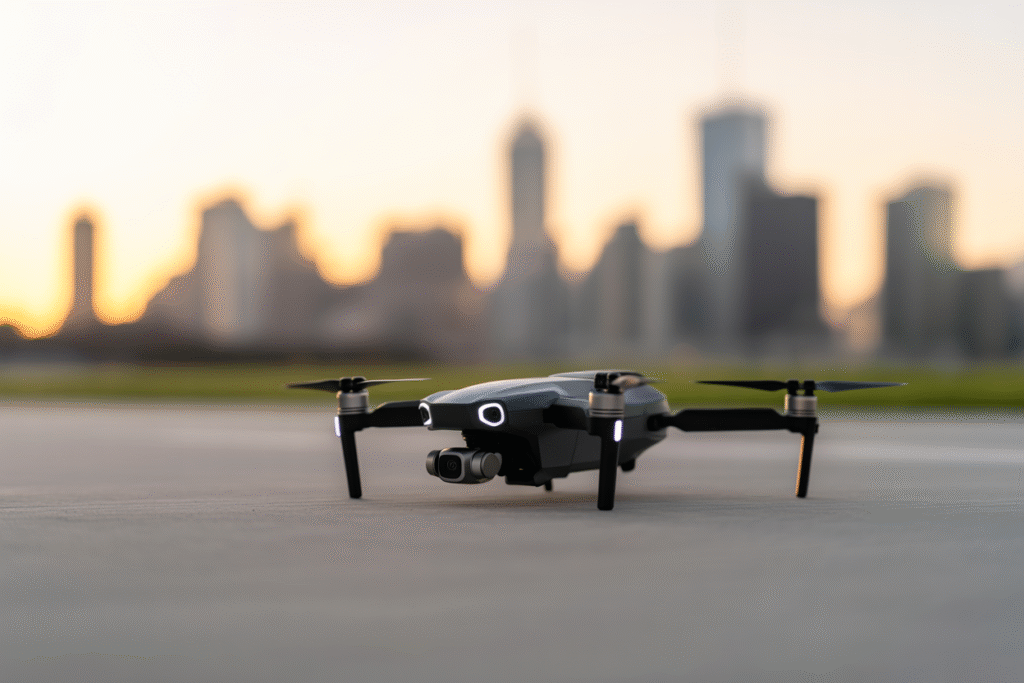AI drones are being sold as the next super-weapon, yet seasoned generals remain unconvinced. Here’s why the hype collides with hard battlefield truth.
Every week a new headline insists that swarms of AI drones will soon decide wars. Venture capital cheers, think tanks publish flashy graphics, and Twitter threads go viral. But inside real war rooms the mood is cooler—skeptical officers warn that autonomy is a tool, not a talisman. This post unpacks the tension between Silicon Valley buzz and Pentagon pragmatism, using fresh debates that erupted in the last three hours.
The Viral Thread That Started It All
Last night policy analyst Anusar Farooqui—better known as Policy Tensor—dropped a 12-post thread that lit up national-security Twitter. He opened with a blunt claim: drones are being oversold as Ukraine-inspired silver bullets. Farooqui reminded readers that while hobbyist quadcopters make great propaganda reels, they have never been used at scale in a peer-to-peer war. The thread quickly racked up 24 likes, 1 repost, and thousands of views, proving the topic’s viral nerve. Comment threads spiraled into memes, bar charts, and personal anecdotes from veterans who had actually flown ISR missions over Mosul. In short, the conversation escaped the echo chamber and landed on everyone’s feed.
Why Generals Roll Their Eyes at Swarm Fantasies
Ask a field-grade officer what keeps him up at night and he’ll list logistics, weather, and jammed radio links long before killer robots. Current doctrine treats drones as scouts or loitering munitions, not as autonomous maneuver elements. The Western Pacific scenario—often cited by enthusiasts—assumes perfect satellite links and zero cyber intrusion, assumptions that dissolve under electronic warfare. Generals also worry about data overload: a thousand drones can generate terabytes per hour, drowning human decision loops. Finally, no NATO exercise has yet shown a drone swarm surviving against layered air defenses. Until that happens, skepticism is not Luddism—it’s risk management.
The Ethics Gap Nobody Mentions
Every glossy brochure promises ethical AI that can distinguish a rifle from a rake. Reality is messier. Algorithms trained on Middle Eastern datasets underperform in European forests or Pacific islands. A single misclassification can turn a wedding into a war crime. Meanwhile, adversaries can spoof training data, causing friendly-fire tragedies that erode public trust for decades. The legal vacuum adds pressure: existing rules of engagement were written for humans pulling triggers, not lines of code. Until treaties catch up, commanders face a moral hazard—delegate lethal authority to machines or risk falling behind adversaries who will.
Open-Source Models Pour Gasoline on the Debate
Epoch AI’s latest update warns that any breakthrough in autonomy leaks worldwide within twelve months. Once a model is on GitHub, hobbyists in garages or militias in failed states can fine-tune it for their own sensors. Picture a $500 drone running a forked version of a frontier vision model, hunting patrol routes uploaded from TikTok clips. The democratization cuts both ways: it accelerates innovation but also dilutes accountability. Defense contractors fear margin erosion; ethicists fear proliferation. The Pentagon’s response so far has been export controls and NDAs, yet code travels faster than customs forms.
What Happens Next—and What You Can Watch For
Three flashpoints will decide whether drone hype becomes doctrine or dissipates into vaporware. First, watch this autumn’s Project Convergence exercises at Fort Irwin; if swarms can suppress mock S-400 sites, budgets will follow. Second, monitor NATO’s upcoming ethical AI charter—if it includes binding kill-switch mandates, expect fierce lobbying. Finally, keep an eye on venture-capital burn rates; startups promising miracle autonomy need fresh funding rounds by Q2 2026. Want to stay ahead of the curve? Follow the procurement dockets, not the marketing decks. Your next water-cooler debate will thank you.


